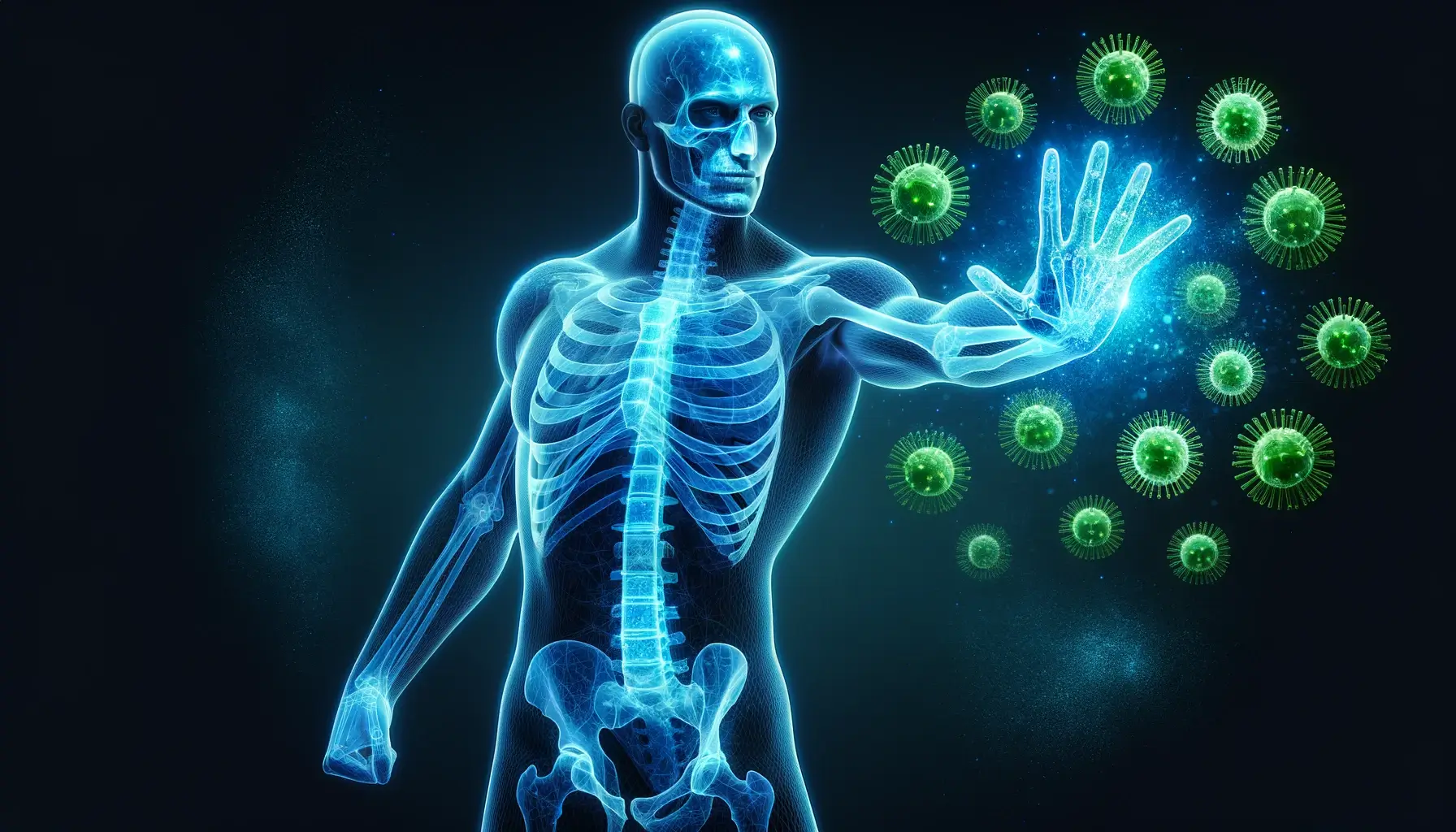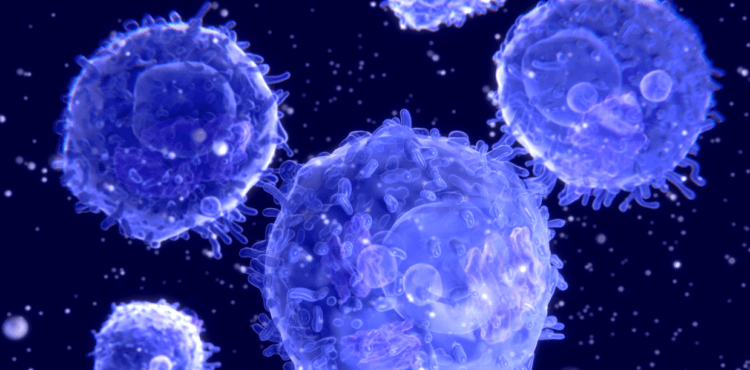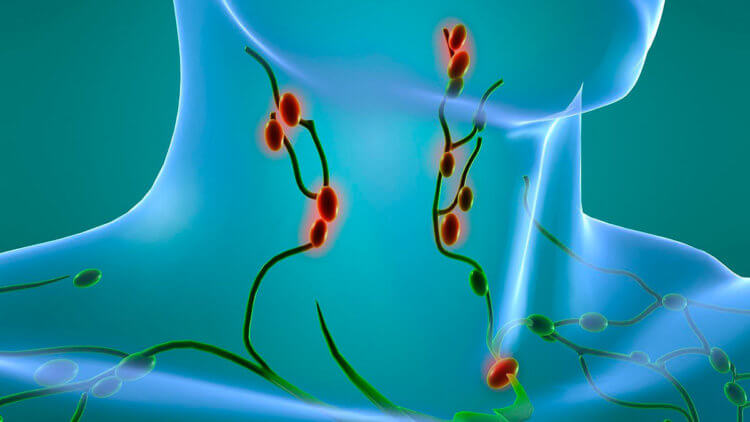Everyone has probably heard that during an illness, such as a cold or flu, you need to sleep a lot in order to recover faster. And these are not empty words – sleep is really very important for fighting infections. Moreover, medical statistics show that people who sleep long hours are less likely to get sick. There is also evidence to suggest that prolonged sleep enhances the effectiveness of vaccines. Considering all this, we can conclude that sleep is somehow connected with our immunity. Let us recall that the latter is a complex system consisting of many mechanisms aimed at combating pathogens and malignant cells. Therefore, the question arises: which immune mechanisms are affected by sleep, and how does it help the body protect itself from disease? The answer was obtained by German scientists who studied in detail the relationship between sleep and the functioning of the immune system.

Prolonged sleep makes a person's immunity more effective
How sleep affects immunity
In their study, the authors measured the number of T lymphocytes in men and women over a 24-hour period. Monitoring was carried out both during the waking period and while people were sleeping. Recall that T cells play a key role in providing cellular immunity. Their task is to destroy viruses and bacteria, fight against malignant cells, and also form cellular memory, thanks to which in the future the immune system recognizes a pathogen entering the body and immediately destroys it.
The study showed that during sleep, T cells more actively respond to the signaling protein chemokine CCL19, synthesized in the lymph nodes. This protein guides T cells to the lymph nodes and encourages them to migrate. In the study, scientists mixed third-party T lymphocytes with the blood plasma of sleeping people. As a result, they discovered that foreign immune cells also showed a willingness to interact with the CCL19 protein and migrate to where it came from. The study authors report this in the journal Brain, Behavior, and Immunity. This suggests that nothing happens to the immune cells themselves during sleep, and the changes affect exclusively the lymph.

Immune cells T-lymphocytes
Why does the immune system work more effectively in sleep
So, we can say that thanks to sleep, immune cells become more “mobile”, capable of responding to the chemokine protein CCL19. But what happens to the lymph? During sleep, the level of certain chemical compounds in the blood increases, which cause T-lymphocytes to be more receptive and “obedient.”
Such compounds are primarily the hormones somatotropin and prolactin. Their blood levels depend on sleep-wake cycles. But why is the ability of T lymphocytes to migrate to lymph nodes in response to the signaling pathway formed by the chemokine protein CCL19 so important?

During sleep, the level of chemical compounds in the blood increases, which increase the effectiveness of the immune system
Why for immune cells lymph nodes are important
The fact is that T lymphocytes are part of adaptive immunity. That is, they do not react to all pathogens that enter the body, but only to specific viruses or bacteria. That is, they need certain molecular features that distinguish a particular pathogen from other pathogens.
To detect and remember molecular signatures, T cells must independently “explore” the pathogen’s molecules and compare them with “immune memory,” that is, data from other immune cells. As a result, an exchange of intercellular signals occurs, as a result of which the threat is confirmed and clarified. Lymph nodes can be described as certain training centers for T-lymphocytes, since lymph collects foreign molecules from the intercellular fluid in tissues and delivers them to the lymph nodes. Among these molecules, of course, there are parts of pathogens. As a result, T cells in the lymph nodes receive the necessary samples, on which they learn and understand what exactly they need to fight.

In the lymph nodes, immune cells «learn» recognize pathogens
This makes it clear why sleep increases the effectiveness of vaccines. Even if the pathogen is not real, immune analysis in the lymph nodes, which occurs most actively during sleep, provides the necessary effect. Simply put, the immune system in a dream learns to fight certain viruses.
Follow the link to our ZEN CHANNEL. We have prepared a lot of interesting, exciting materials dedicated to science for you.
This is another reason to get a good night's sleep. Let us remind you that lack of sleep not only worsens the immune system, but also has a number of other negative consequences for the body. For example, it accelerates the aging process and increases the risk of death by 50%. However, this study allows us to draw another conclusion — The effectiveness of immunity can be increased artificially with the help of somatotropin and prolactin. But to confirm this conclusion, additional clinical studies are needed.